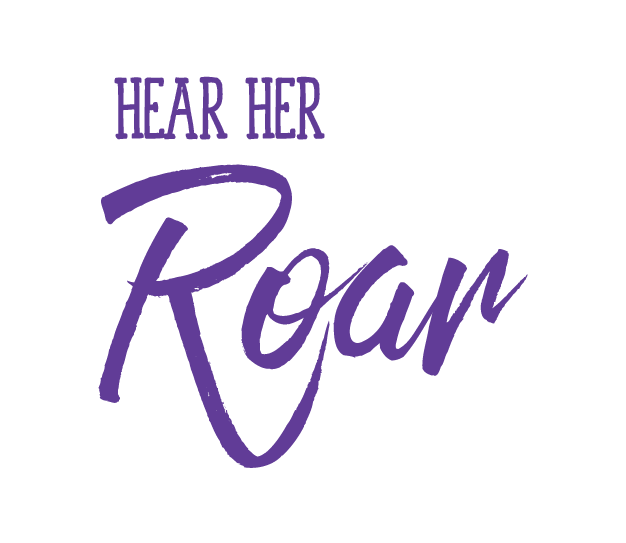Flocks vs. Packs
Who doesn’t love a good animal metaphor?
This week, I want to talk about leading teams through the lens of pack mentality. Specifically, I want to share some differences between sheep and wolves. I’ll then tie these differences back into leadership.
Sheep and wolves—what do they have in common? They are both herd animals, meaning they form together in communities.
Sheep create groups called flocks. A sheep’s primary motivation for forming a flock is the desire to feel safe, comfortable, and protected. In other words, they come together out of fear: “I need to be around other sheep or else I will get picked off.”
Because they are motivated by the fear of staying alive, we end up with the classic saying: “As soon as one goes, the rest will follow.” The flock of sheep will move together as a single unit from a place of feeling scared or uncomfortable.
Wolves have far more complex dynamics in their groups. Wolves come together in packs where each has their own established role within the hierarchy. Regardless of the role, if you are in the pack, then every other wolf is loyal to you.
Each decision made by a wolf is based on loyalty and devotion. The alphas serve the greatness of the pack. The omegas serve the greatness of the pack. Each member is committed to seeing that all wolves get to eat, be safe, and move together.
To tie this back to teams, I find that teams that operate out of fear or scarcity have that the sheep flock mentality. They stick together, but never make too much noise. No one is truly willing to emerge as a leader with ideas, as the motivation is to just keep your head down and hopefully get it right. Flock-type teams will stick to the status quo, dismiss new or authentic voices, and have overall gaps in leadership. Members of a flock team will want to just be told what to do and will conform to a hive mind mindset.
Teams that operate like wolf packs have clear leadership present. While there may be the alpha leader, ultimately the leader still sees their members as leaders. Members are clear on what they contribute to the team. They have established their roles and know what they bring to the table. They are motivated around a united commitment, and they are devoted to each other and their common goal.
If you work with a team, what herd type do your dynamics fall into? If the team is operating like a flock, what is needed to adapt into a pack?
I am not saying flock mentality is wrong—we all crave feeling safe and secure. However, because that is a fear-based response, it is likely limiting the growth and development of the individuals on the team.
What would it take to reestablish devotion and commitment to one another and your goals? What is needed for everyone to be clear of their roles and proud of them?

